The Japanese stock market witnessed an epic collapse today!
The Nikkei 225 index plummeted by 7%, triggering a circuit breaker in the Tokyo Stock Exchange and marking the largest single-day drop in eight years.
This also led to a more than 6% plunge in the South Korean stock market!
However, this is not the most exaggerated part; the most exaggerated part is that this is already the third consecutive day of sharp declines for the Nikkei index, with a drop of nearly 15% over three days!
It has fallen more than 20% from the historical high set in July.
This is a major index!
South Korea is not faring much better either; the South Korean Composite Index just plummeted by 3.67% in the previous trading day, and today it plunged by more than 6% again!
The Taiwan Weighted Index in China's Taiwan region also plummeted by more than 7% today, following a 4.43% drop in the previous trading day!
Yet, it's even deeper than the United States, the source of this round of decline!
Why is it that the United States is in recession, but Japan and South Korea are severely wounded?
Many people believe this is due to Japan's interest rate hike.
In terms of news, last week, the Bank of Japan held a monetary policy meeting and decided to adjust the current policy interest rate of 0% to 0.1% to 0.25%.
This interest rate hike is the first since the negative interest rate policy was lifted in March of this year.
The Bank of Japan also announced a plan to reduce its balance sheet, reducing the purchase of Japanese government bonds by about 400 billion yen each quarter, and by the first quarter of 2026, the monthly bond purchase scale will be reduced to 3 trillion yen.
In addition, the economic indicators released by the United States have declined, and people have begun to realize that the U.S. economy may be falling into a recession, with expectations of a U.S. interest rate cut heating up and the dollar beginning to depreciate.
With one increase and one decrease, the yen has skyrocketed to 142!
But shouldn't the appreciation of the yen lead to an inflow of funds into Japan, holding yen-dollar pairs?
The reason why A-shares are holding strong now is that China has become a haven for funds under the U.S. recession, benefiting from the inflow of international funds brought about by the appreciation of the yuan.
So, why is Japan plunging?
First, the reversal of carry trade has long been favored by global funds, borrowing yen at low interest rates and then going to other countries to earn high interest rates.
This situation has been more prevalent during this cycle of U.S. interest rate hikes.
However, this kind of carry trade is most afraid of a sudden and rapid appreciation of the yen.
Therefore, arbitrageurs are rushing to cash out yen to repay yen loans.
At this time, the Japanese stock market, which is at a high price, naturally becomes the fastest channel, becoming the fastest channel for arbitrageurs to cash out.
Second, the reversal of economic expectations.
The main reason why Japan's economy has been quite good in the past year is the depreciation of the Japanese yen, which has led to an increase in export competitiveness.
Similarly, the rise in the Japanese stock market is also largely due to the depreciation of the yen, because the same dollar profit converted into yen means a significant increase in profits.
For example, Toyota's profits in 2023 increased by nearly 100% year-on-year.
Therefore, the appreciation of the yen may cause problems for Japan's exports and a decline in the profits of listed companies.
Third, the decline in high-tech expectations.
Due to the warming of the U.S. recession expectations, the market's high expectations for high-tech stocks are also fading.
Recently, the Philadelphia Semiconductor Index has also suffered the most.
Moreover, the rise of the stock markets in Japan and South Korea in the past period has also benefited from semiconductor expectations to some extent.
Because Japan is quite good in the field of semiconductor materials, South Korea has advantages in memory chips, and China's Taiwan has advantages in contract manufacturing.
In short, Japan and South Korea are equivalent to the downstream of the United States, and if the upstream is not good, it naturally affects the downstream.
Therefore, the recession in the United States will directly affect the economic prosperity of Japan and South Korea, and have an impact on market sentiment.
Fourth, the cold at the top.
Before this decline, the stock markets in Japan and South Korea were actually quite good, especially Japan, where the stock market soared from less than 30,000 points to more than 40,000 points.
However, Japan's economy was not good to begin with, and the rise in the stock market was a castle in the air brought about by the depreciation of the yen, so as soon as the yen tightened, everything had to be given up.
In summary, under the sudden "quadruple shock," investor psychology has cooled.
The result is that the United States is in recession, and Japan and South Korea are hit.
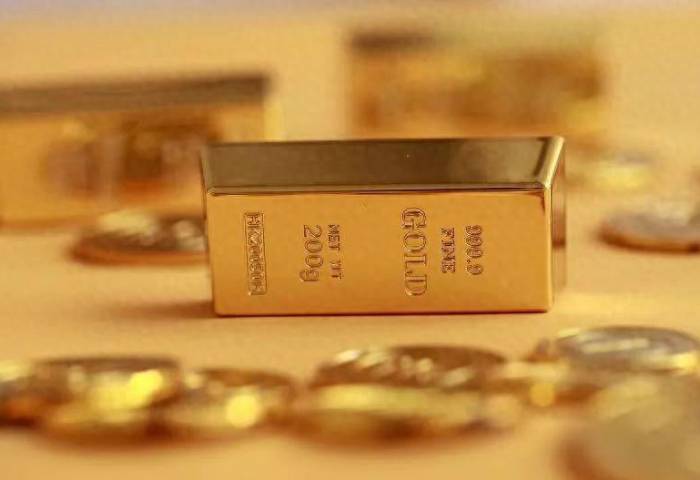


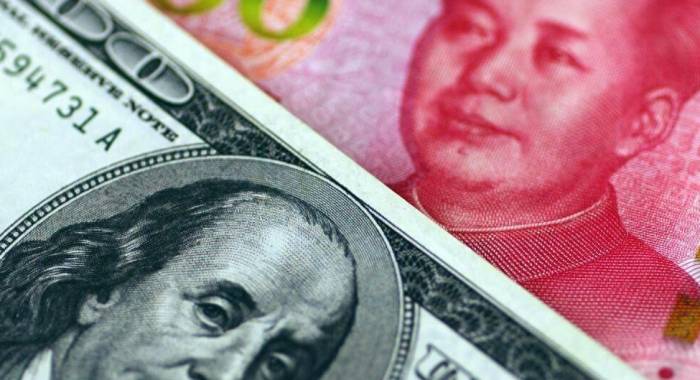


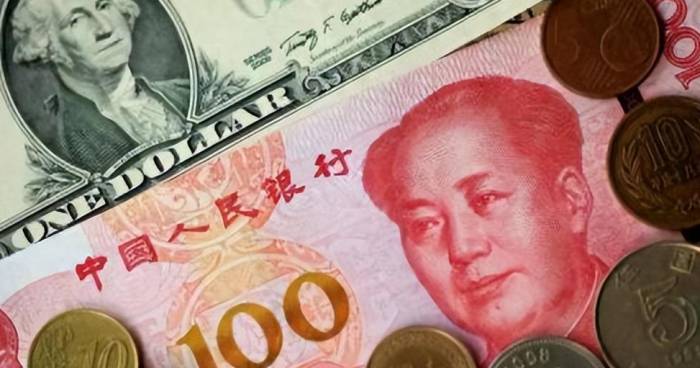


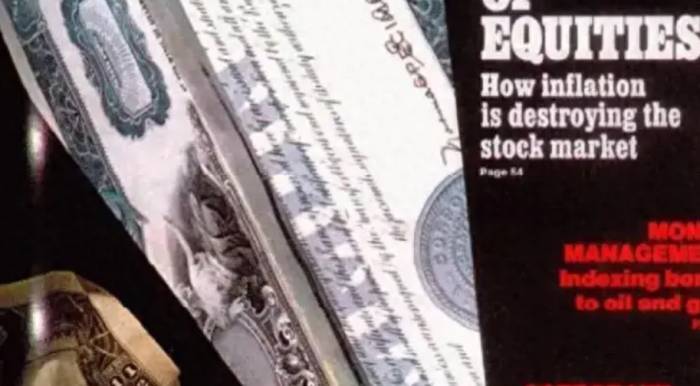

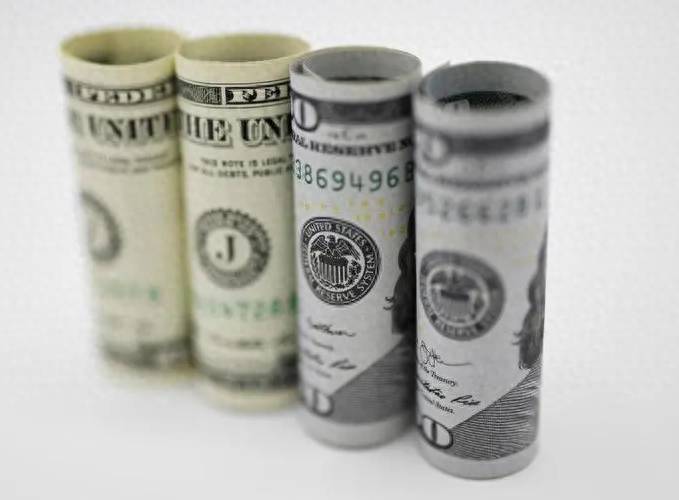





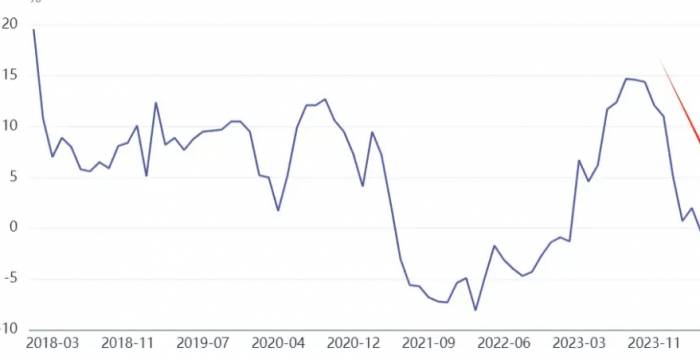



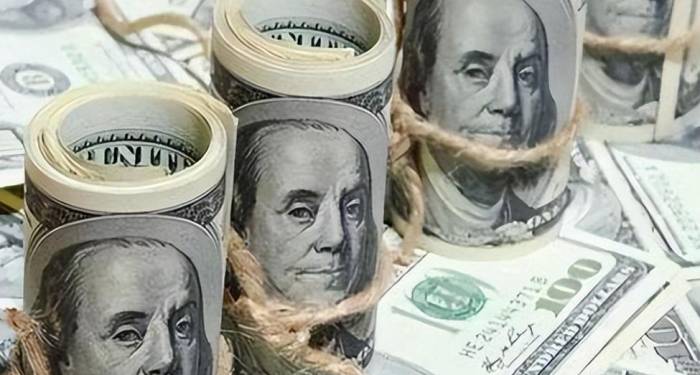








Leave a Comment